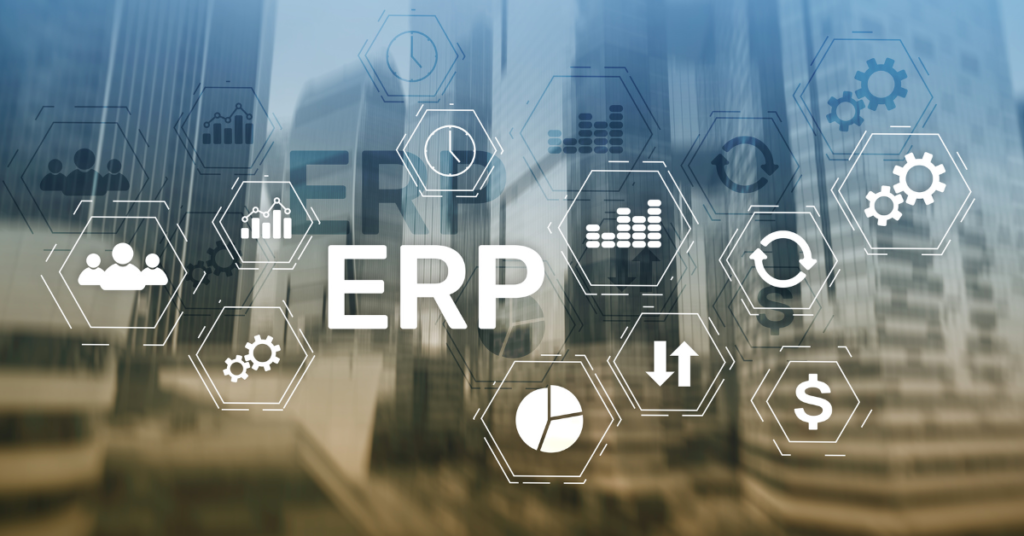Introduction
Every business has its own set of processes, products, and services that are needed to run a company smoothly and successfully. The core processes such as finance, HR, supply chain, procurement, and others.ERP can merge these processes into a single system Using the latest technologies ERP is turning out to be immensely beneficial in boosting business operations to increase efficiency and growth.

what role can ERP play in any business organization? What are the benefits of ERP systems in an organization?
Here are the five key benefits of ERP for your business:
POWERFUL REPORTING
ERP can able to make reporting much easier and manageable, much of the inefficiency occurs from improper reporting. With improved reporting capabilities, your company can able to solve complex data requests more easily.
INCREASED SECURITY
New ERP systems can able to improve the accuracy, consistency, and security of data. A good ERP makes it easy for the employees to manage common processes like stock counts, order entry, shipping, and receiving. Restrictions of data can also be enhanced in ERP systems, this means that you can extend access to all your employees while keeping their permissions locked down so that they can only access those that are relevant to their roles.
INCREASED CUSTOMER SATISFACTION
One of the important benefits of using a good ERP system is improved customer relations as a result of better business processes.ERP helps in maintaining up-to-date data information and will also facilitate real-time updating of data. This will help customer representatives access accurate updated data and deal with your customer efficiently.
IMPROVED INFORMATION MANAGEMENT
In evaluating business progress and in setting future goals, performance metrics and measurements play an important role, and with a growing business, it will become difficult to manually calculate profit ratio, sales margin, and other such metrics.ERP brings a degree of automation to the business that allows employees across the organization to access and share data without the need to maintain manual records.
LOW COST
One of the simple reasons to implement an ERP solution in your business is it lower your IT costs and increase efficiency. Using a single system also reduces training requirements for end-users, since they only need to learn one system rather than interacting with numerous individual applications.










